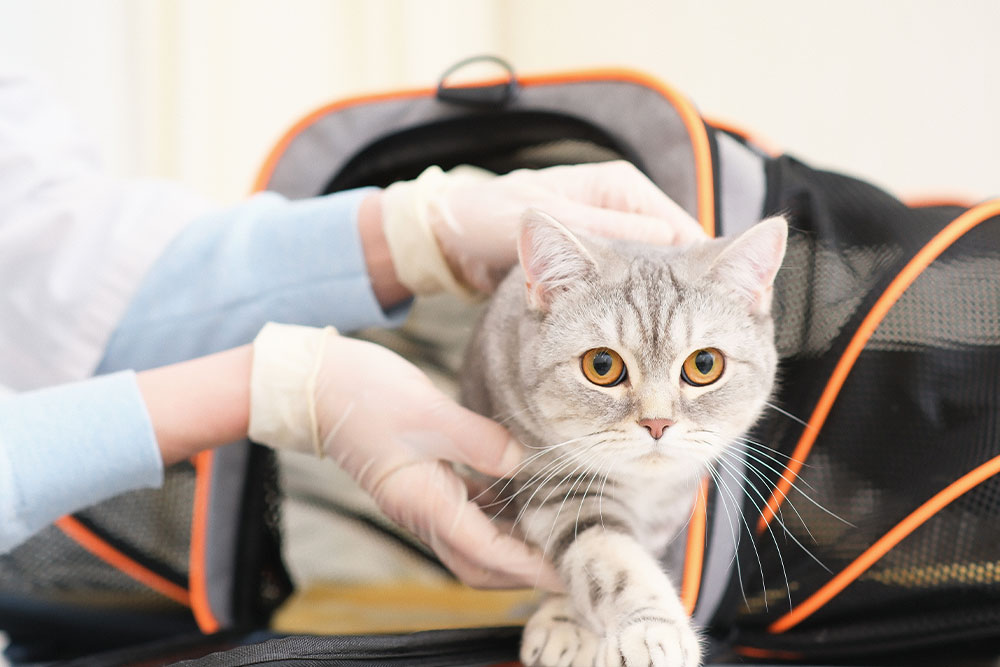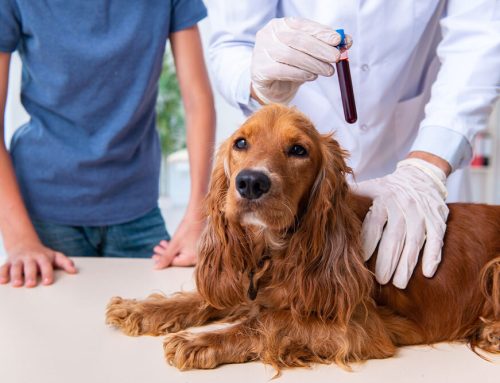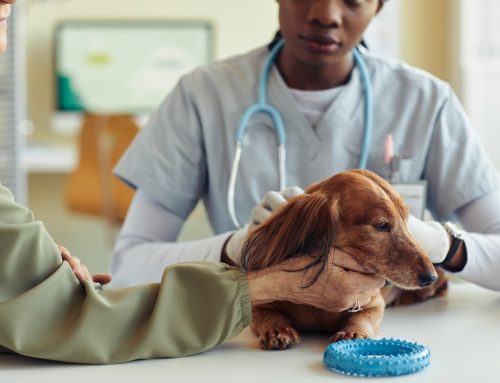Certain dog and cat breeds are genetically predisposed to specific health conditions due to selective breeding. While purebred pets have a higher likelihood of inheriting breed-related issues, mixed breeds can also be affected. Understanding these risks allows pet owners to make informed decisions about preventive care, lifestyle adjustments, and medical interventions that can improve their pet’s quality of life.
Selective breeding has led to genetic bottlenecks, limiting diversity and increasing susceptibility to inherited conditions. Some breeds have been developed for aesthetic traits or working abilities at the expense of long-term health. By recognizing these potential risks, pet owners can take a proactive approach to veterinary care, ensuring their pets lead longer, healthier lives.
Learn more about breed-specific health risks from Pawlicy.
Common Health Problems in Popular Dog Breeds
Each breed has unique physical characteristics, but some of these traits come with health challenges. Below are a few of the most common breed-specific health concerns in dogs.
Hip Dysplasia in Large Breeds
- Breeds affected: German Shepherds, Labrador Retrievers, Golden Retrievers
- Condition: A malformed hip joint leads to arthritis and mobility issues.
- Symptoms: Stiffness, limping, reluctance to exercise, difficulty standing up.
- Treatment: Weight management, joint supplements, physical therapy, or surgery.
Read more about high-risk dog breeds and their health issues.
Brachycephalic Syndrome in Flat-Faced Breeds
- Breeds affected: Bulldogs, Pugs, French Bulldogs, Boston Terriers
- Condition: Shortened skull structures cause narrowed airways, leading to breathing difficulties and overheating.
- Symptoms: Noisy breathing, snoring, exercise intolerance, frequent overheating.
- Management: Avoid excessive heat and exercise, maintain a healthy weight, and in severe cases, surgical intervention may be necessary.
Heart Disease in Large and Giant Breeds
- Breeds affected: Doberman Pinschers, Boxers, Great Danes
- Condition: Dilated cardiomyopathy (DCM) weakens the heart muscle, affecting circulation.
- Symptoms: Lethargy, coughing, fainting, difficulty breathing.
- Treatment: Regular cardiac screenings, medications, and dietary adjustments.
Intervertebral Disc Disease (IVDD) in Long-Backed Breeds
- Breeds affected: Dachshunds, Corgis, Basset Hounds
- Condition: Spinal disc degeneration leads to pain, nerve damage, and possible paralysis.
- Symptoms: Reluctance to jump, back pain, dragging limbs.
- Management: Weight control, limited jumping, physical therapy, or surgery in severe cases.
Prevalent Health Concerns in Popular Cat Breeds
Cats may appear more independent than dogs, but breed-related health risks still require careful attention.
Polycystic Kidney Disease (PKD) in Persian and Siamese Cats
- Condition: Cysts develop in the kidneys, leading to kidney failure over time.
- Symptoms: Increased thirst, frequent urination, weight loss, lethargy.
- Management: Routine bloodwork, kidney-supportive diets, hydration support.
Hypertrophic Cardiomyopathy (HCM) in Maine Coons and Ragdolls
- Condition: Thickening of the heart muscle reduces efficiency, potentially leading to heart failure.
- Symptoms: Labored breathing, fainting, lethargy, poor appetite.
- Treatment: Medications to improve heart function, regular screenings.
Respiratory Issues in Flat-Faced (Brachycephalic) Cat Breeds
- Breeds affected: Persians, Exotic Shorthairs, Himalayans
- Condition: Narrowed nasal passages lead to breathing difficulties, snoring, and overheating.
- Management: Avoid excessive heat, provide good air circulation, and monitor for respiratory distress.
Recognizing Signs of Breed-Specific Conditions
Early detection is key. Regular at-home health checks can help pet owners identify signs of potential problems before they escalate.
Home Health Exam Guide
- Breathing Patterns: Labored breathing, wheezing, or excessive snoring in flat-faced breeds.
- Mobility Issues: Stiffness, difficulty standing, or limping in large breeds prone to hip dysplasia.
- Heart Rate Check: Irregular beats or signs of fatigue, especially in heart disease-prone breeds.
- Skin and Coat: Redness, hair loss, or frequent scratching in allergy-prone breeds.
Perform a home exam with guidance from the Humane Society.
Emergency Signs: If your pet is struggling to breathe, collapsing, or showing severe lethargy, seek urgent veterinary care.
Know when it’s a pet emergency.
Treatment and Management of Breed-Specific Diseases
- Routine Check-Ups: Regular veterinary visits catch diseases early and allow for tailored care plans.
- Specialized Diets: Prescription food supports joint, heart, and kidney health in at-risk breeds.
- Physical Therapy & Exercise: Custom activity plans improve mobility and strengthen muscles without overexertion.
- Medications & Surgery: Necessary interventions for progressive conditions like IVDD, heart disease, and glaucoma.
How Iris Veterinary Care Supports Breed-Specific Concerns
At Iris Veterinary Care, we provide:
- Tailored wellness plans for breeds with genetic risks.
- Advanced diagnostics to detect conditions early.
- Surgical and therapeutic solutions for complex health problems.
- Nutritional counseling to support optimal health for at-risk breeds.
FAQs About Breed-Specific Health Risks
Should I avoid getting a purebred pet due to health risks?
Not necessarily. Choosing a responsible breeder who performs genetic testing can reduce risks. Mixed-breed pets can also inherit health issues, so preventive care is essential for all pets.
Can diet help prevent breed-related diseases?
Yes. Specialized nutrition can support joint, heart, and kidney health, reducing disease progression in at-risk breeds.
Are some breeds more prone to cancer?
Yes, certain breeds, such as Golden Retrievers, Boxers, and Rottweilers, have a higher risk of developing cancers like lymphoma or mast cell tumors. Early screenings and monitoring are critical for early detection. Learn about common pet cancers.
By understanding and addressing breed-specific health issues, Iris Veterinary Care is committed to improving the lives of pets and providing peace of mind to their owners. Whether you have a playful Maine Coon, a snuggly French Bulldog, or a hardworking Labrador Retriever, we’re here to help you give them the best possible care.








Leave A Comment